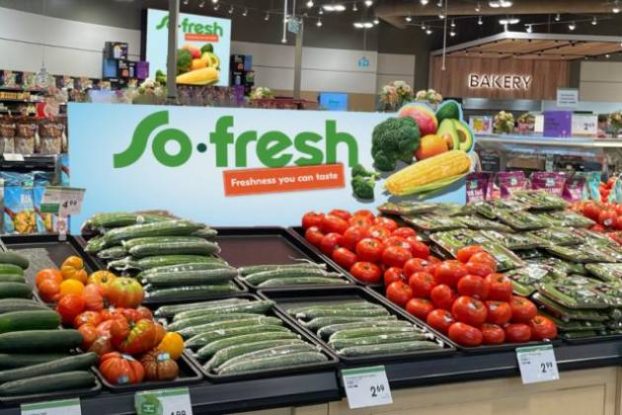Between April 30 and the first week of September, thousands of Canadian youngsters will have the chance to learn the fundamentals of in-line hockey at one-day instructional camps to be held in their communities.
The camps, which will be put on by The Masters Group, a Vancouver event marketing firm, will doubtless prove instructive to the youngsters.
But they will also provide the lead sponsor, Rollerblade, a division of Benetton Sportsystem Canada, with a crucial opportunity to place its new brand of in-line hockey skates directly in front of a highly motivated audience.
This year, in-line skating is set to make huge advances into organized minor league hockey.
However, Montreal-based Rollerblade, easily the best-known name in in-line recreational skates, is only now introducing a hockey skate.
The new entry, Powerblade, is a mid-quality model selling for about $270.
The top brands in the in-line hockey skate segment, such as the Bauer H8 made by Canstar Sports Group, are priced in the $350 range.
Rollerblade Marketing Manager Sharon McCarry says her company expects to experience ‘significant’ overall sales growth this year, including a strong performance in the hockey category.
McCarry says Rollerblade’s strategy in sponsoring the hockey camps, dubbed the Rollerblade In-Line Hockey Series, is to place the Rollerblade name, and the Powerblade brand, directly in front of thousands of hockey-crazed youngsters.
The camps will take place in 58 cities, each lasting from one to three days.
Other backers of the event are Karhu Canada, the official stick and equipment sponsor, and protective gear manufacturer I-Tech, the official eye protection sponsor.
For years, interest in minor league in-line hockey has been slowly gaining momentum.
Last year, that interest coalesced in several cities across the country, including Vancouver and Toronto, where professional roller hockey teams took on organizing roles.
This year, there promises to be an explosion of additional league activity.
For example, I.C.E.D. Management Group of Toronto, owner of the Toronto Planets, a professional league in-line hockey team playing in Roller Hockey International, says it will run three leagues: one for youngsters, another for men and a third for men and women.
In Vancouver, a local McDonald’s co-op of 60 outlets, Canstar and the Vancouver Voodoo of Roller Hockey International will run a league for the second year in a row.
They expect more than 1,000 participants.
And in Montreal, the Montreal Roadrunners, a new professional team this year in Roller Hockey International, has put the word out it wants to help leagues get started across Quebec.
The sudden surge of interest in in-line hockey has skate manufacturers looking forward to their best season ever.
Chris Gilmore, product manager on in-line skates at Canstar, Canada’s leading manufacturer of in-line hockey skates, says the fastest growing category in the in-line skate market is hockey skates.
Gilmore says ‘all suppliers are out to get on the hockey bandwagon. It’s the largest part of the market for us. It’s exploding.’
Gilmore says Canstar is bullish on its future in the category, partly because of its long history in ice hockey, and partly because it has made deep inroads into Roller Hockey International.
Last year, Canstar was the league’s main sponsor.
This year, Roller Hockey International has decided against signing on league sponsors, opting instead to let each team seek out its own corporate relationships.
Gilmore says Canstar is now in the process of contacting each team individually and trying to sign exclusive sponsorship deals.
Additionally, he says Canstar is working to foster the development of minor leagues.
It is doing so through such activities as donating league prizes, offering team pricing deals on equipment and providing co-op funds so retailers can get involved too.
For its part, the Masters Group is hoping to cash in on the growth of interest in in-line hockey by expanding its instructional camp program and bringing on additional sponsors.
Mike Kingston, national co-ordinator of the program for MastersGroup, says if the camps are successful§, he hopes to run the program again next year and take it down to the U.S.























